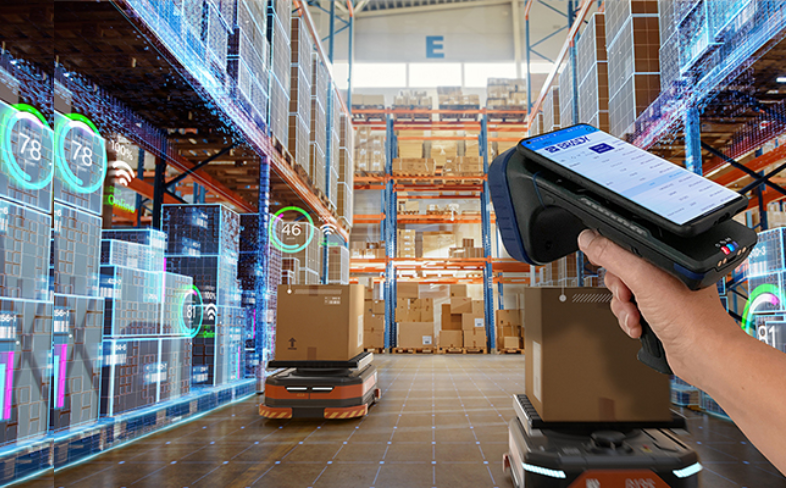The World Energy Council (WEC) launched its Global Transport Scenarios 2050? report that highlights the role of governments in providing a sustainable future for the global transport sector.
The study was presented by the WEC at the World Petroleum Congress in Doha, Qatar.? WEC concludes the biggest challenge is for governments to provide sustainable transport for nine billion people in 2050, and to do that at the lowest possible social cost, i.e. minimum possible congestion, pollution, and noise generated by additional traffic and freight volumes.
The WEC expects that transport fuel demand in the next forty years will come mainly from developing countries such as China and India, where demand will grow by 200 per cent to 300 per cent.? The demand of the developing countries is expected to surpass that of the developed countries by the year 2025.
The report also sets out that oil may still fuel more than 80 per cent of the global transport sector for the next 40 years due to strong demand growth from the heavy duty sector, shipping and air traffic. By 2050 WEC projects that global fuel demand in all transport modes could increase by 30 per cent to 82 per cent compared to 2010 levels.
The result of this yearlong study describes potential developments in global transport fuels and technology systems on the basis of two distinct scenarios; ?Freeway? and ?Tollway.?? The ?Freeway? scenario envisages a world where pure market forces prevail to create a climate for open global competition and solutions which are driven by lowest cost and the private sector. The ?Tollway? scenario describes a more regulated world where governments decide to intervene in markets to promote early adoption of alternative technology solutions and invest in public transport infrastructure putting common interests at the forefront.
The consequences for the environment are significant. In 2010, the CO2 emissions from the transport sector were about 23 per cent of global CO2 emission levels and emissions from cars were about 41 per cent of total transport emissions. With the higher levels of transport demand in 2050, depending on the fuel mix, total CO2? emissions from the transportation sector are expected to increase between 16 per cent (Tollway) and 79 per cent (Freeway), depending entirely on the degree of governments? intervention in the transport markets and the success in advancing low carbon fuel systems.
The report is the culmination of over a year?s collaborative effort between a core team in WEC, 54 global transport and energy experts in 29 countries, two project partners, IBM Corporation and Paul Scherrer Institute, and the WEC member network.



























